“As dietary supplements are subject to different regulations across Latin America, the same product may be classified differently in some markets compared to others. For example, the same supplement product could be classified as a food, a dietary supplement or a drug depending on the country,” explained David Piñeda Ereno, a LATAM regulatory expert with his own consulting firm, DPE International Consulting.
“In this regard, the composition of the dietary supplement product or the form in which it is presented (e.g. tablet, capsule, liquid, etc) or whether it carries health claims or the type of health claims that are used may determine the classification of the product.”
Piñeda Ereno added that countries such as Argentina, Chile, Colombia, Costa Rica, Guatemala, Mexico and Paraguay have clearly defined regulatory frameworks for dietary supplements, while others such as Brazil and Peru have complicated systems under which a dietary supplement may fall under different product categories depending on their composition and claims.
“However, the Brazilian Health Regulatory Agency, ANVISA, is working on a set of regulations that will provide a very much needed specific framework for dietary supplements in Brazil,” he said.
Levels, labeling, advertising and more
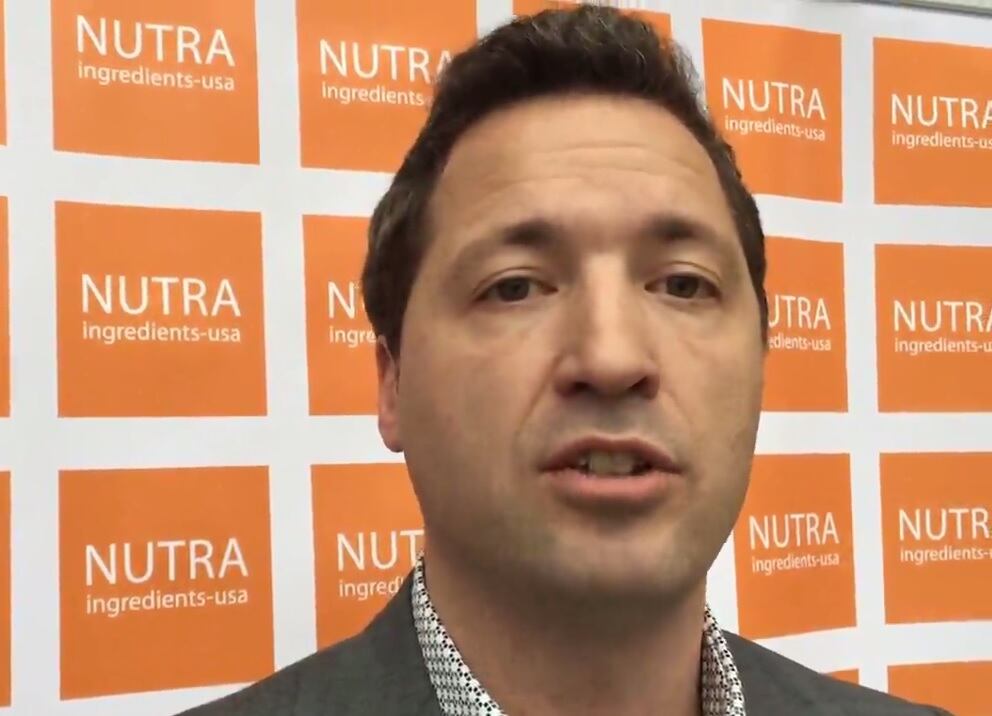
The existing regulatory disparities across Latin America include different rules as regards the use of ingredients and their levels, labeling and advertising requirements and the administrative procedures and requirements for the access of dietary supplement products to the market, added Piñeda Ereno.
“Some of the most significant challenges that supplement products encounter in Latin America are related to the use of botanical ingredients and health claims as in some countries their use is restricted,” he noted.
We’ll now take a look at some of the most notable regulatory changes across LATAM:
Argentina
Argentina’s health authority ANMAT is reportedly working on updating the regulations around food additives, which has implications for food supplements in the country. Certain additives will soon be banned, including brominated vegetable oils and potassium bromate.
In addition, other proposals are looking to trim the list of food additives, while still allowing certain ingredients to be used in supplements, such as L-carnitive, carnitine (hydrochloride), taurine, and various forms of iron.
Argentina also approved new allergen labeling in October 2017, which calls for the addition of a number of allergens including gluten, lactose, lupin, molluscs, mustard celery, and sesame.
The country is taking a leading role in probiotics, and recently expressed its support of a proposal by the International Probiotics Association at Codex to work towards harmonizing probiotic guidelines for use in foods and dietary supplements.
Brazil
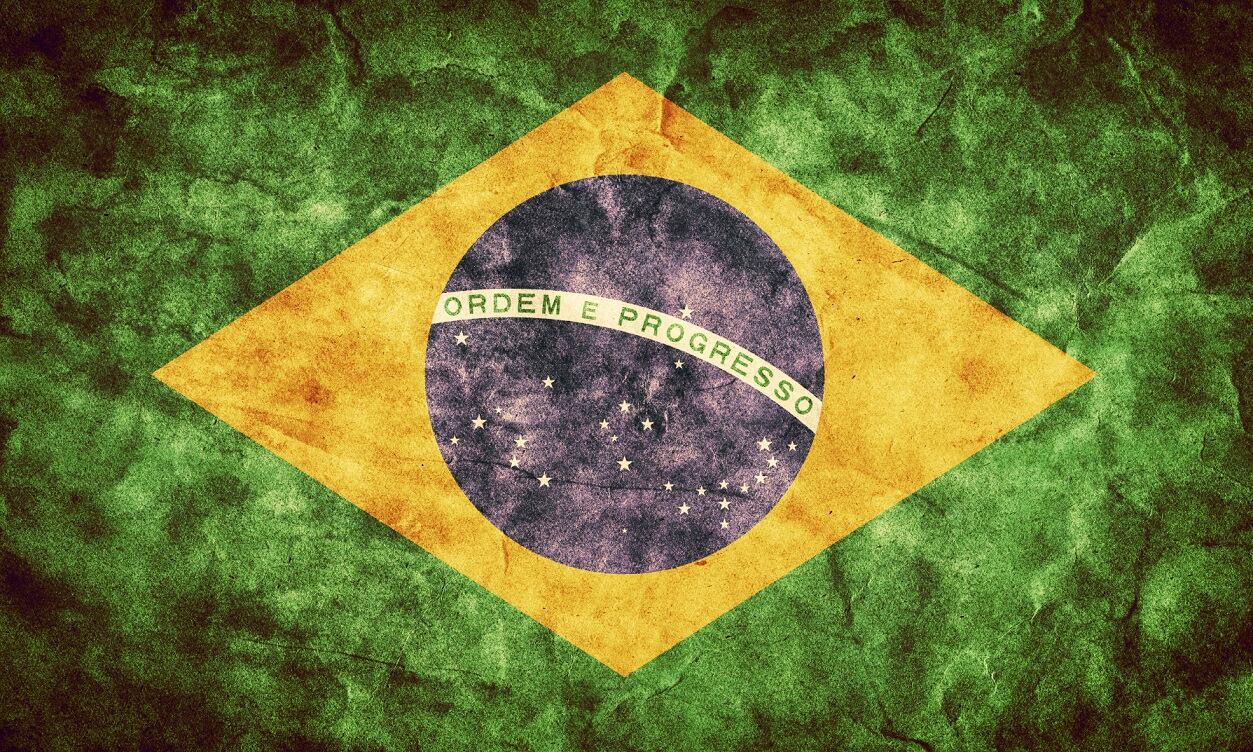
As mentioned by Piñeda Ereno, Brazil’s ANVISA is working on a new law for food supplements. ANVISA recently opened up the proposed regulatory framework for public consultation. The comment period closes on April 8, 2018. The proposed law would include a list of permitted ingredients and the maximum levels for each, while select health claims will also be permitted.
However, probiotics may be treated differently. George Paraskevakos, executive director of the International Probiotics Association, has held meetings with ANVISA in recent years, and told us that the proposals in Brazil appear to a mix of Health Canada and EFSA, including having clinical trials to make specific claims.
“We’re knee deep in a lengthy comment in response to ANVISA’s proposals,” said Paraskevakos. “IPA supports part of their proposed changes but will be sending comment and an IPA position shortly to hopefully organize another meeting with ANVISA and another regulatory workshop in Brazil to focus on these.”
Bolivia
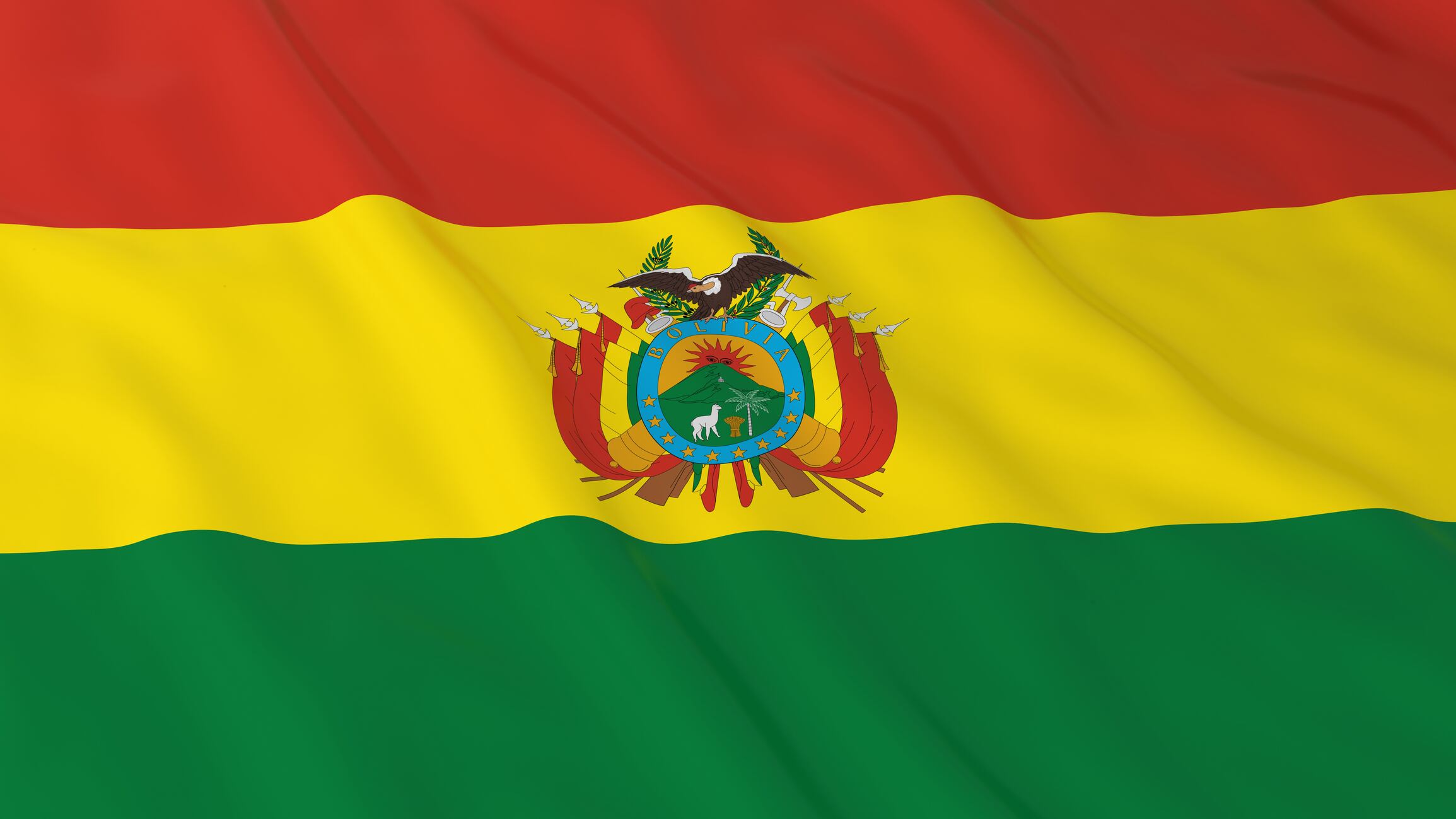
Supplements are defined under a regulation for food in Bolivia, which entered into law in January. The move was heralded by the International Association of Dietary Supplement Associations (IADSA) as “bringing more clarity to the borderline between foods and medicines”.
“The regulation […] foresees the use of ingredients, alone of combined, such as vitamins, minerals, proteins, amino acids, carbohydrates, lipids, bioactive ingredients, extracts, probiotics and prebiotics, among others,” according to IADSA.
Chile
While things are looking more positive in Bolivia, across the border in Chile there have been moves to restrict the use of health claims for supplements marketed to young children, and for products such as tablets, capsules, powders and so on that appear to be presented as medicines.
(Resolution #860 of Chile’s Technical Standard 191)
Costa Rica
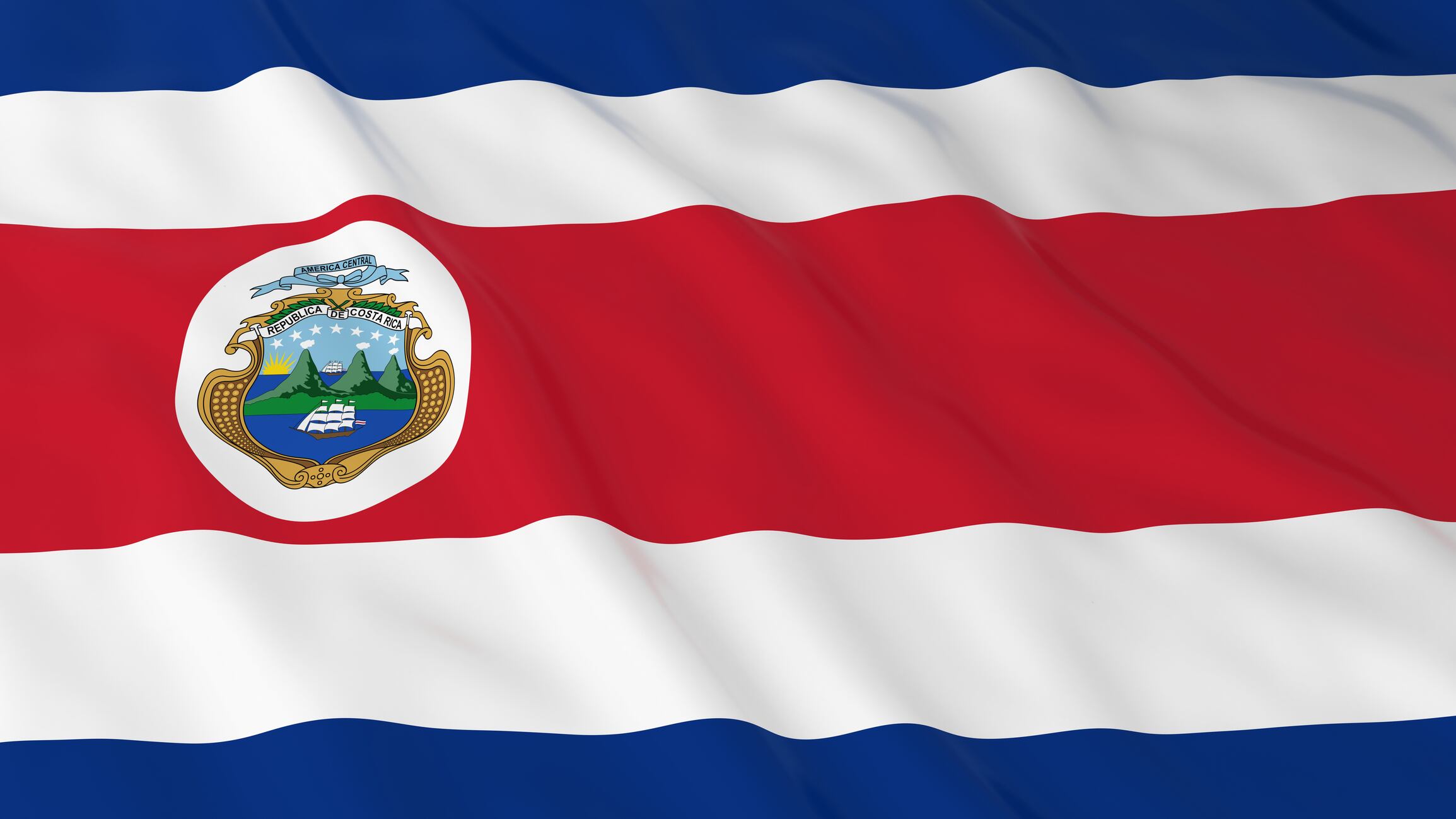
Marketers wishing to enter the Costa Rican market could see significant simplification, if they are coming from countries that have similar or a more stringent regulatory environment (like Canada of the EU).
New provisions that went into force in June 2017 provide a broader definition for supplements as well as setting maximum levels, as determined by the risk management approach developed by Food Supplements Europe.
Ecuador
At the start of 2017, the regulatory authorities in Ecuador began work on draft guidelines that would lead to the re-classification of some products as supplements.
“If the product needs to be reclassified, the company will have a period to adapt the product and/or to comply with the regulation in force. Once the product has been reclassified, the interested company would have 90 days to register the product as a food supplement,” notes IADSA.
El Salvador
The small Central American country has issued guidelines for supplements to help the industry register their products. Doses of vitamins and minerals are limited to between 15% and 150% of the RDI, and there are requirements for probiotics and others bioactives.
Mexico
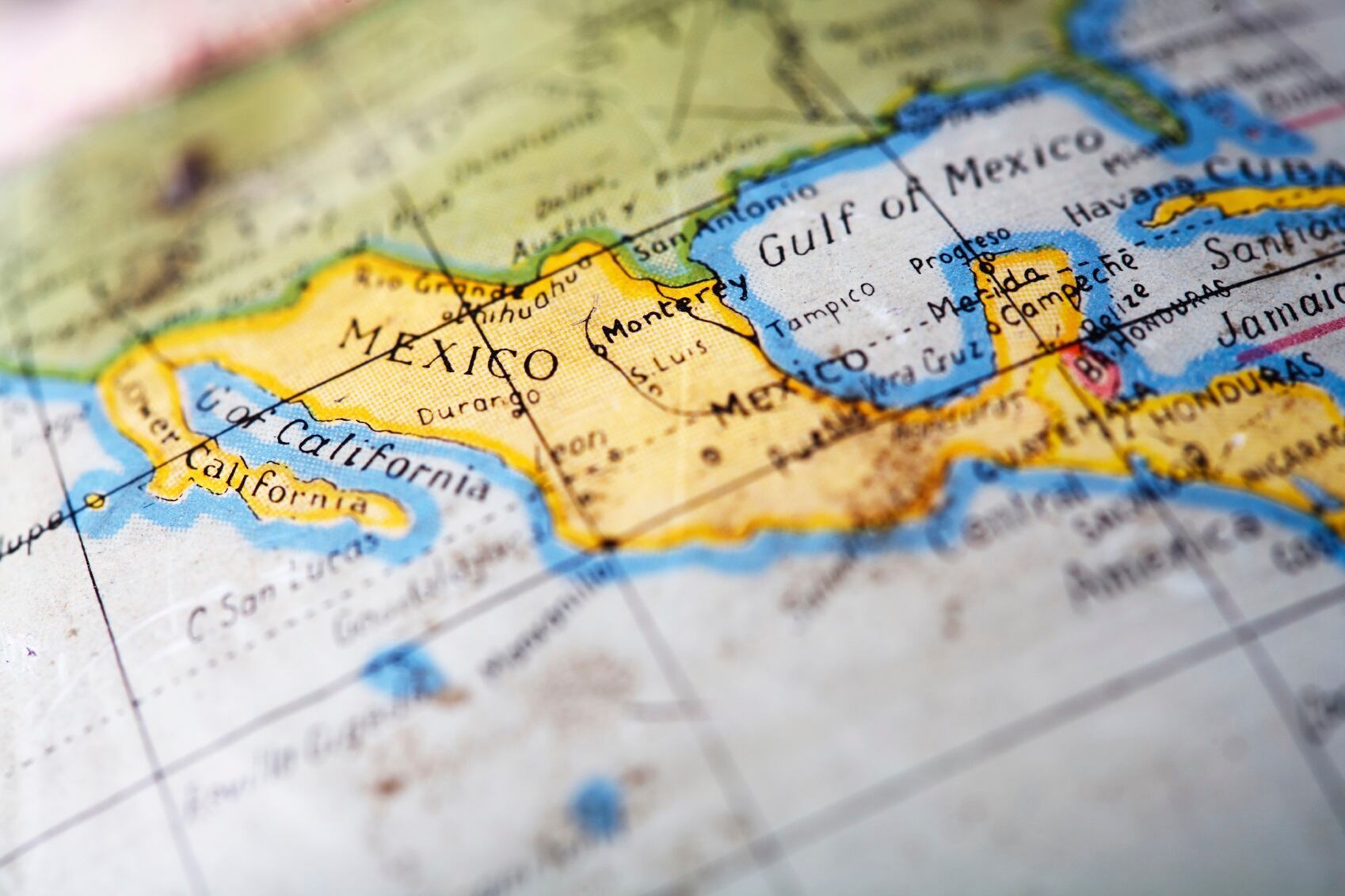
Mexico’s Federal Commission for the Protection against Sanitary Risk (COFEPRIS) has partnered with supplements’ association ANAISA to better educate consumers on dietary supplements.
The country’s lawmakers are also considering a new law to amend the definition of dietary supplements.
IPA’s Paraskevakos noted that there are no current regulations or guidelines for probiotics in Mexico. There is a draft proposal with a long list of acceptable species but nothing in regards to claims.
Uruguay
Finally, Uruguay is reportedly reviewing a new version of its draft of regulations for dietary supplements, which covers a definition and an accepted list of ingredients. In a nut shell, dietary supplement components must be approved as food ingredients, but safety studies are not required if the components have been approved as new or novel ingredients by ANVISA or the European Union.
Harmonization
Piñeda Ereno said that there is clearly no current harmonization among the regulatory frameworks for supplements across LATAM, but that may change.
“The Pacific Alliance of Chile, Colombia, Mexico and Peru has as a priority the development of harmonized regulation for dietary supplements,” he said. “The authorities of the four member countries are working on a proposal which includes a broad definition of dietary supplements, and further work is underway, on the one hand, for the listing of ingredients and claims, and, on the other, for setting the GMP and registration requirements.”

